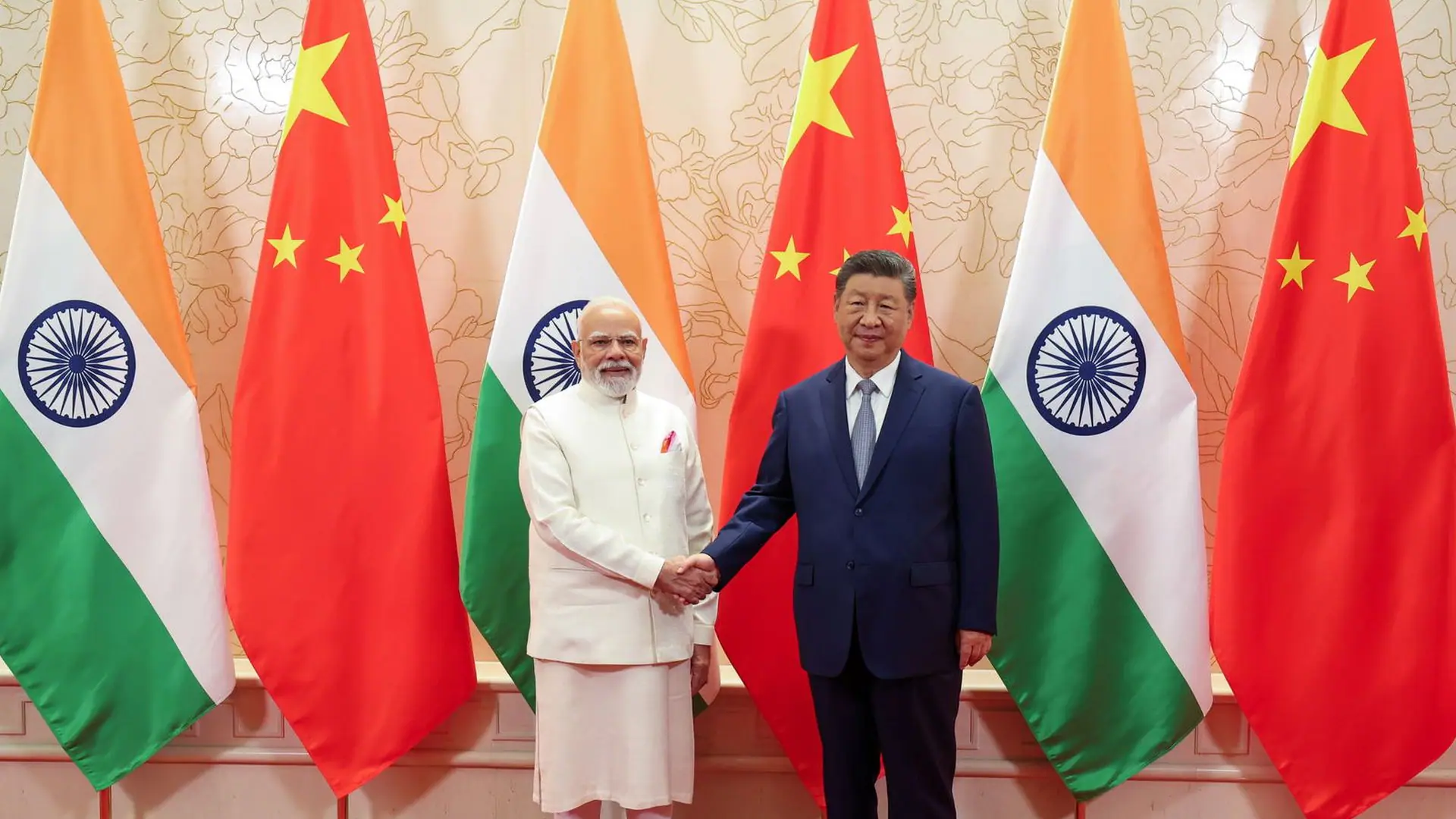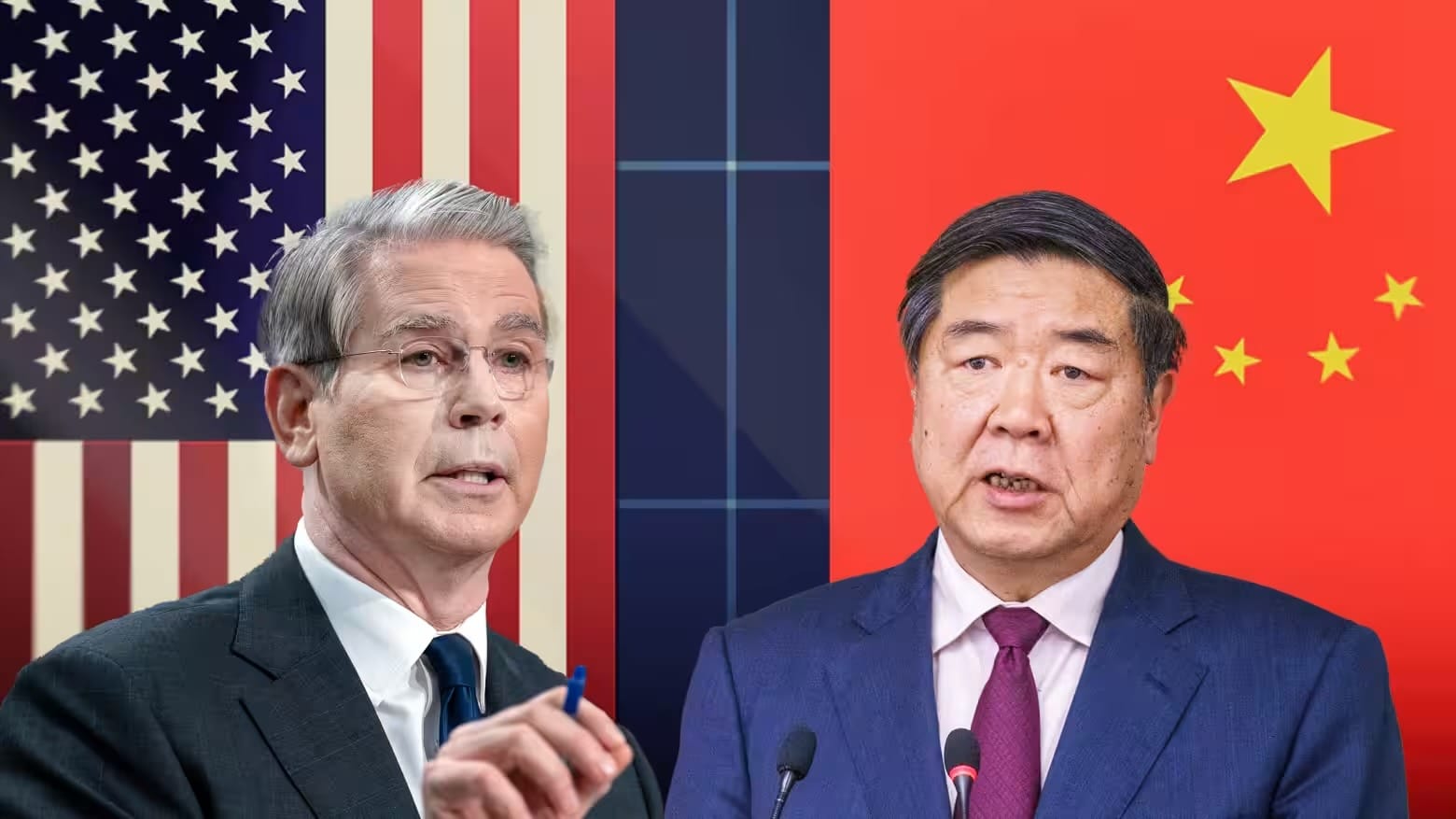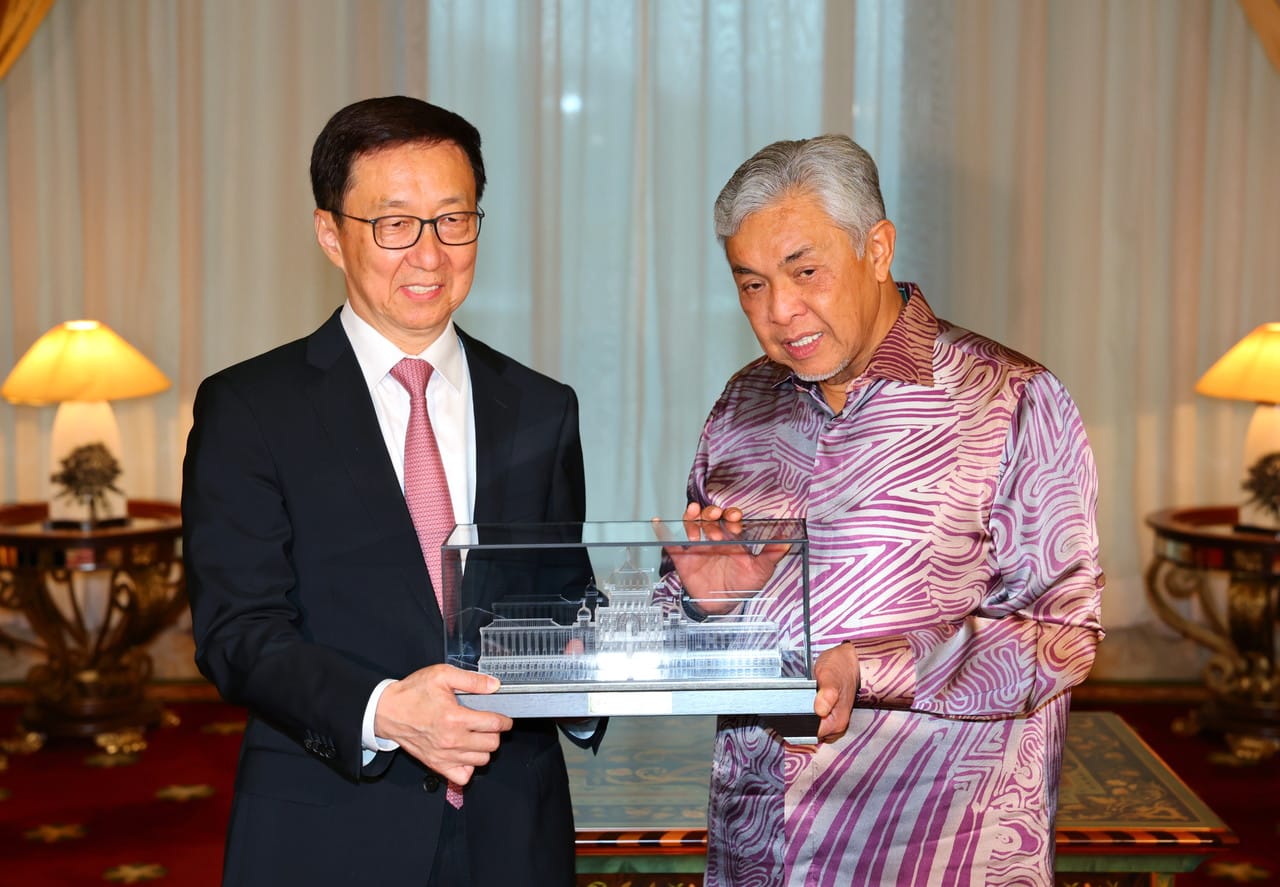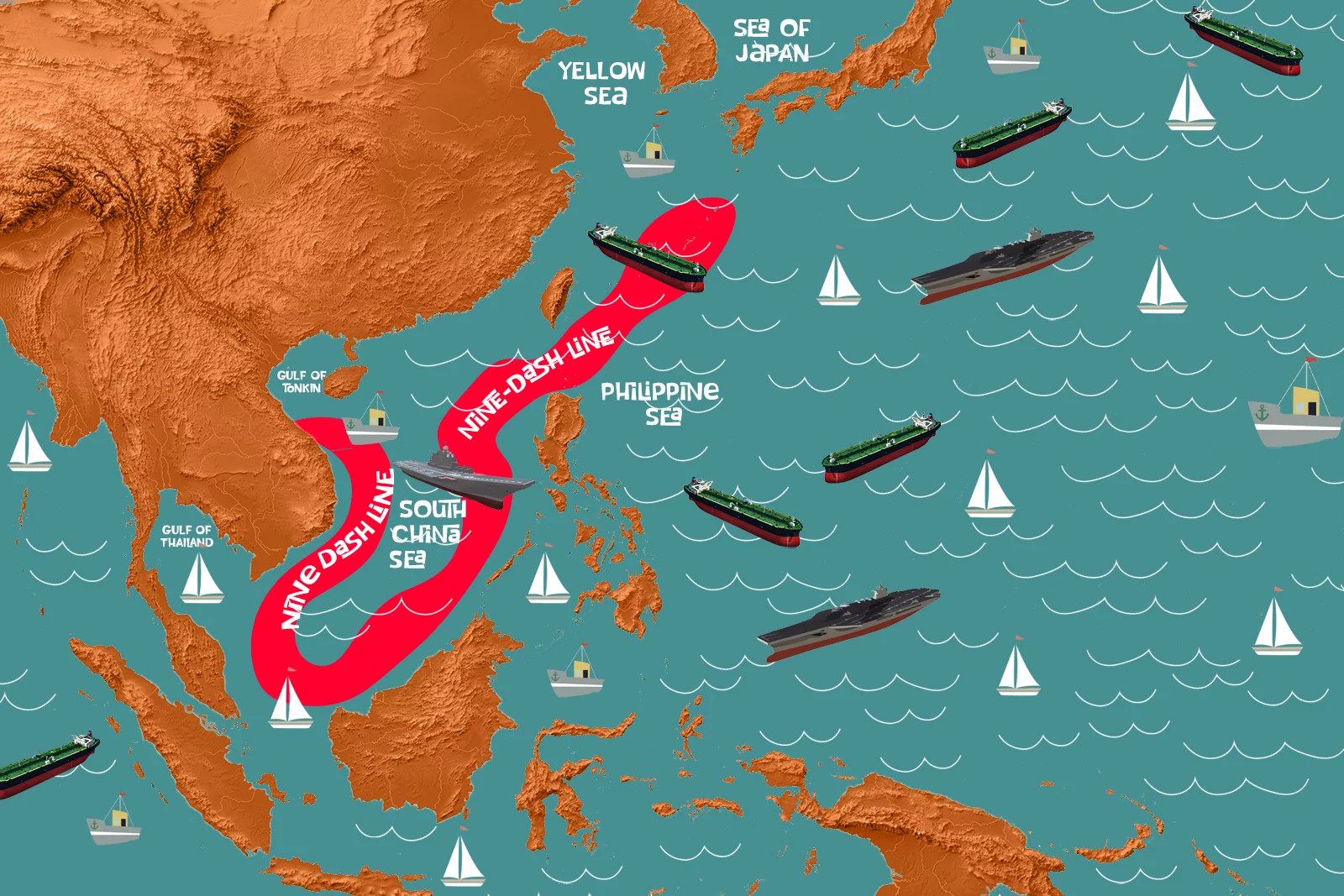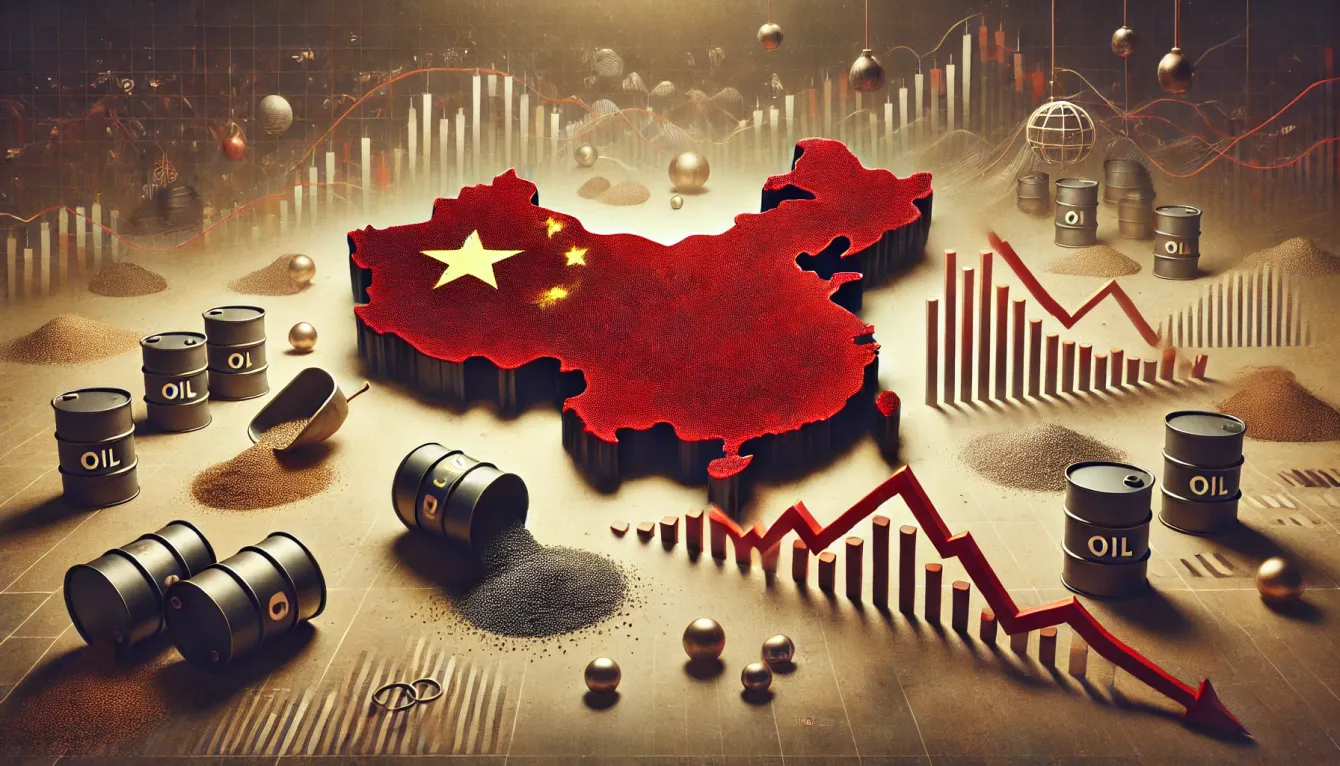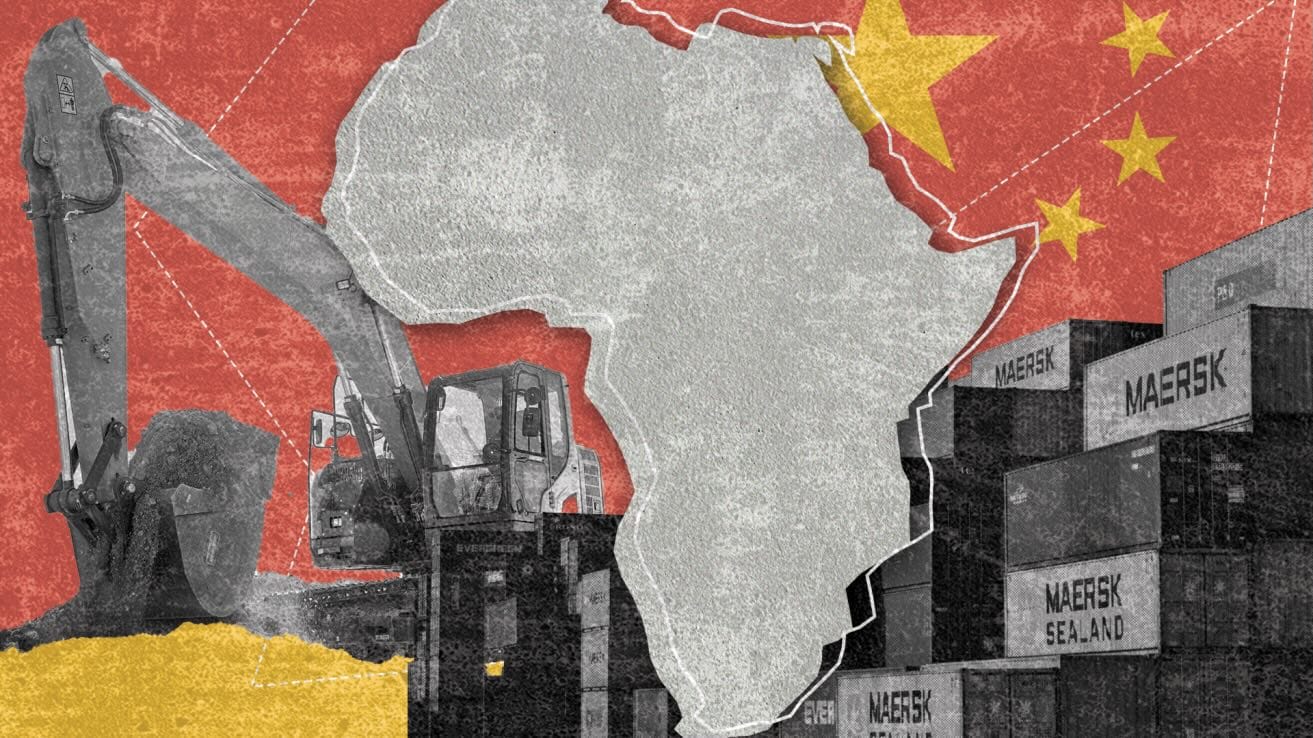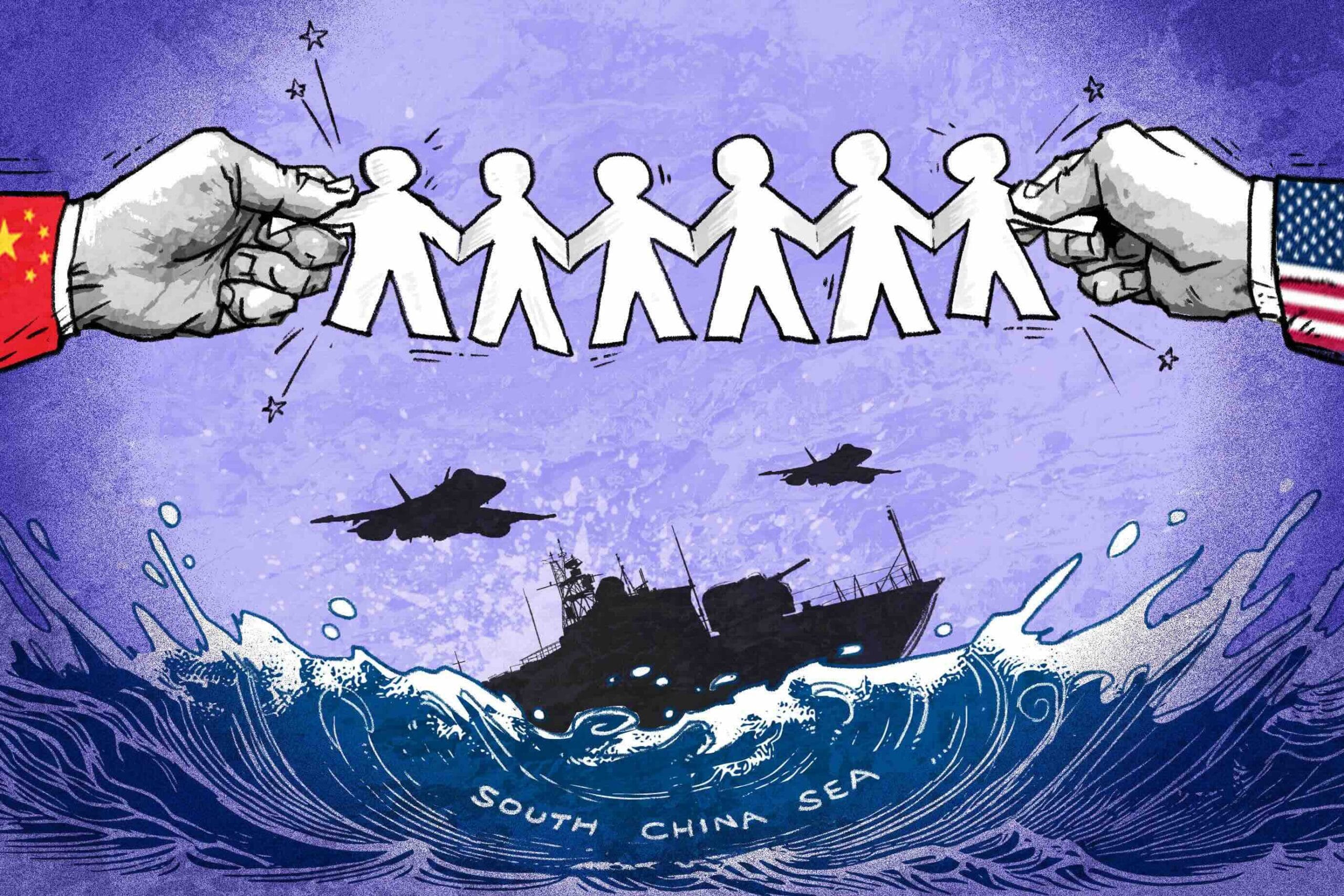When the American President Donald Trump launched his trade war, both India and China were in his sights. Trump’s officials maintained America was a victim of “unfair trade practices” and thus slapped a barrage of tariffs on steel, aluminium, and a variety of manufactured goods emanating out of India and China. Although Beijing was primary target, India lost duty-free trade privileges under the Generalized System of Preferences (GSP) in 2019.
Tag: China Watch
Trade Truce of Trump with China: Tactical Withdrawal or Strategic Rebalancing?
In May of 2025, President Donald Trump had a significant announcement on his administration’s long-running trade conflict with China: a temporary agreement that reverses part of the high tariffs that have been levied over the last two years and provides a 90-day period for negotiations. Described by the White House as a “strategic recalibration” and by Beijing as a “welcome but cautious step,” the agreement is the first concrete easing of a battle that has broken global supply lines, shaken financial markets, and transformed geopolitical alignments.
China’s TVET Programme Collaborations: A Critical Analysis
China launched the Belt and Road Initiative (BRI) in 2013. Eventually, BRI faced a lot of criticism and backlash in many countries. In order to minimise the growing criticism, China in 2016 initiated Technical Vocational Education and Training (TVET) programme collaborations. On the face of it, TVET programmes provide professional training to students and faculty for a certain time period. However, the TVET sector has become another platform for Chinese soft power diplomacy. The article aims to critically analyse the TVET program collaborations of China.
What Lies Ahead for CPoKEC and Pakistan’s Islamic Alliances
Pahalgam terror incident of April 2025, an attack targeting civilians in Jammu and Kashmir has provoked not only diplomatic ripples but also a strategic recalibration of how Pakistan is perceived by its principal allies and benefactors. As attribution patterns increasingly implicate Pakistan-based non-state actors, questions arise about the resilience of two critical pillars of Islamabad’s external orientation: China’s economic investments via the CPoKEC, and Pakistan’s long-standing religious-political solidarity with the Muslim world.
China’s Energy Ambitions and the Nine-Dash Line in the South China Sea
The geopolitical conflict in the South China Sea (SCS) crops up around China’s territorial claims delineated by the nine-dash line. This contested region, rich in natural resources and critical to global trade, is a focal point of international tension. The SCS discord and the Chinese ambitions are not recent; they stem from historical precedents and contemporary strategic objectives. The origins of the nine-dash line trace back to the Kuomintang government of pre-independent China, which issued an eleven-dash map in 1947, claiming nearly 2 million square kilometres of maritime territories in the SCS.
A Snapshot of China’s Economy in 2024
On January 17, 2025, the National Bureau of Statistics (NBS) of China released the GDP figures for the year 2024. The statistics show that China achieved its 2024 GDP target of 5 per cent in December 2023 at the CEWC meeting. The economy peaked in 2007 with a 14.2 per cent growth rate but stagnated after President Xi Jinping implemented the ‘Three Red Lines’ policy to improve the real estate sector. Stimulus measures and impressive Q4 growth from exports and manufacturing ended the year positively. The GDP totalled RMB 134.91 trillion (US$18.80 trillion) with a 5% year-on-year growth rate in constant prices, meeting the government’s objective.
Indo-China Border: A Perspective on Six-Point Consensus
The 23rd round of discussions between India and China’s special representatives on the boundary issue marks an important milestone in their bilateral relationship, particularly after a prolonged gap of five years. The agreement reached in Beijing, comprising six key points, reflects both progress and the complexities that existed in the India-China border dispute. While this consensus signals both parties desire for stabilising relations, it also highlights the deep seated security challenges that continue to shape the interactions.
China’s Economic Policy for 2025
On December 9, 2024, the Political Bureau (Politburo) of the Central Committee (CC) of the Communist Party of China (CPC) convened a meeting to discuss the country’s economic policy priorities for the year 2025 and the broader and deeper challenges facing the Chinese economy. The headline of the readout is “CPC Central Committee Political Bureau Holds Meeting to Analyze and Research 2025 Economic Work, Study and Deploy Party Conduct, Clean Governance and Anti-Corruption Work, CPC General Secretary Xi Jinping Presides Over Meeting.
Which Road is the Belt and Road Initiative Leading to?
A huge surprise is that the true scale of the debt – thought to be at hundreds of billions of dollars – is not known. Many of the loans are covered in secrecy. As this fares dangerously for the future of the world entirely, there is still an angle of security to it as the BRI might not be dead, but evolving into an alligator underwater.
Asia’s Cauldron: The South China Sea and the End of a Stable Pacific
Historically it is the competition for land that provokes tensions between the states, over time the world has seen this shift towards the blue territories as Kaplan calls it. Two explanations for the same could be economic mercantile trade and the dynamic shift of attention from Eurasia to East Asia which is largely maritime. Kaplan says that seas can act as a seed or a dodger in creating tensions and even invasions. However, the likelihood is quite tilted towards aggression.
